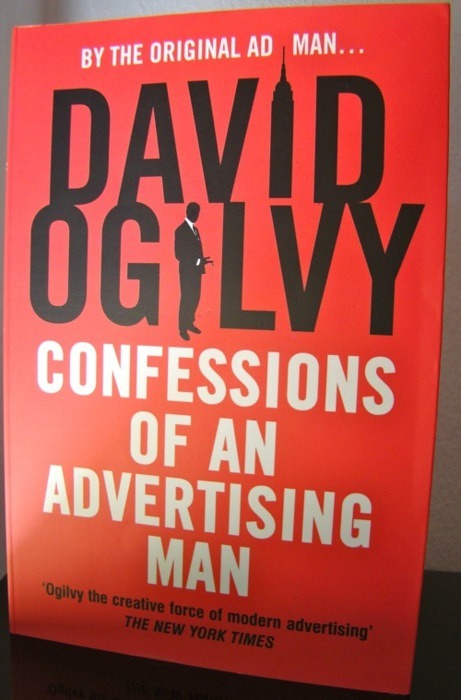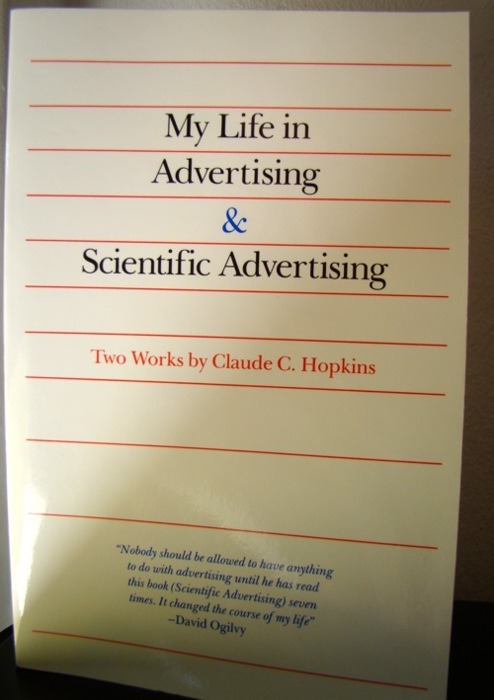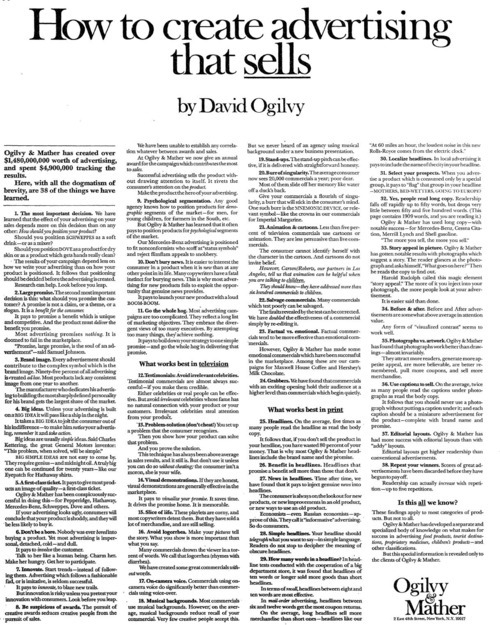
What is it about?
If you are interested in advertising you probably heard of David Ogilvy. He’s the master mind behind one of the greatest advertisements of the last century. In this book he talks about his work ethics, marketing research and how he ran his company.
What can I learn?
You can’t bore someone into buying: Although Ogilvy was one of the more conservative advertisers he knew that you need an interesting idea behind your ad. Your prospects should be energized by reading/watching your ad. You can’t sell them something, if they won’t buy it.
Promote hard work: Ogilvy discovered early that the corporate culture is essential for great work. He wanted a culture affected by hard work and not by politics. He said: “We admire people who work hard, who are objective and thorough. We detest office politicians, toadies, bullies and pompous asses. We abhor ruthlessness. The way up our ladder is open to everybody. In promoting people to top jobs, we are influenced as much by their character as anything else.”
Research is important: Claude Hopkins was one of Ogilvy’s role models. He preached that you should eliminate the guessing process and work with testing and research. Ogilvy, who worked as a researcher at Gallup, never forgot this mantra.
Conclusion
Confessions Of An Advertising Man is a truly great book. Ogilvy is famous for his superb writing skills and it’s a pleasure to read this book. If you want to work in advertising you should read this book as soon as possible. Even for non-ad people this should be an interesting lecture.


